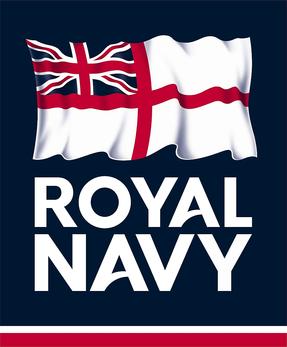Admiral 'Sandy' Woodward
The commander of the South Atlantic Naval Task Force, Sir John ‘Sandy’ Woodward headed up the fleet of ships that travelled to the Falkland Islands in 1982. Known for his time in the Submarine Service, the military put faith in him to lead one of Britain’s most powerful naval fleets.
Born on 1 May, 1932, Sir John ‘Sandy’ Woodward enlisted in the Royal Navy in 1946, at the very start of the Cold War. He entered the Submarine Service and was extremely well thought of, being awarded his first submarine command in 1969 on the vessel Warspite. He progressed quickly through the ranks of the Navy, moving from a Rear Admiral in 1981 to a Flag Officer First Flotilla. In 1982, just one year after this promotion, he was offered the position of Commander of the Task Force that would lead British troops south to begin the Falklands War.

As the troops travelled to the Falkland Islands, Woodward told a BBC correspondent:
“I am not in favour of blowing peoples head off. However as a loyal servant of the Government, if I have to blow peoples’ heads off, I’ll do it in the most efficient and effective way I know.”
When one of the key ships, the destroyer HMS Sheffield, was lost early on, the Task Force was shaken to the core and Woodward realised exactly how vulnerable the ships were to the Argentines. Following the loss of more ships in San Carlos Bay, the Government ordered that no other naval vessels could be lost. As a direct result of this order, when the ships Sir Galahad and Sir Tristram travelled to Fitzroy carrying supplies and a number of Welsh Guardsmen, neither of the ships were given the usual Naval protection. Seizing this opportunity, the Argentines launched an air attack on both the ships which killed more than 50 British men and spoilt many wartime supplies. This event highlighted just how difficult a task Woodward, in being asked to command the fleet, had been given. Following the conflict, he was knighted for his leadership.
Woodward was knighted for his leadership in the war and went on to take up various senior naval positions including the Flag Aide-de-Camp to the Queen. He retired from the Royal Navy in 1989.
MLA Citation/Reference
"Admiral 'Sandy' Woodward". HistoryLearning.com. 2026. Web.
